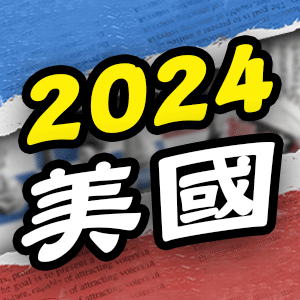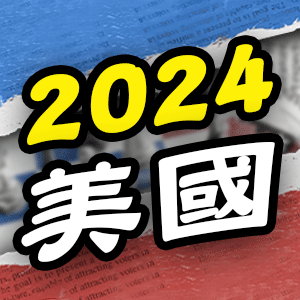Since the Ministry of Education (教育部) launched the "University Social Responsibility" (USR) program in 2018, it has been widely adopted over five years. However, with universities facing financial and student recruitment challenges, could implementing USR become an intangible liability for schools based on existing research and teaching responsibilities?
"USR is definitely not 'volunteer service,' and its international connections are not about overseas volunteer!"
On Jan. 25, the MOE hosted a national conference for university and college presidents, gathering hundreds of presidents at Chaoyang University of Technology (朝陽科技大學, CYUT). During a session titled "From USR to SDGS in Sustainable Higher Education," many presidents were puzzled about how the MOE evaluates USR projects and how to gain favor for funding. This prompted Yang Yu-hui (楊玉惠), director of the MOE’s Department of Technological and Vocational Education, to respond emphatically to the barrage of questions.
However, the president's questions were not without reason.
USR Becomes a Necessary Task for Universities
Since the MOE started promoting the "USR Program" in 2018, a USR trend has swept through Taiwan's higher education sector in just six years, evolving from its nascent stage to a flourishing condition.
The number of cases reported to the MOE by various schools has nearly reached 700 to date. Moreover, the enthusiasm for participating in the 2024 Global Views Monthly USR University Social Responsibility Awards (《遠見》USR大學社會責任獎) indicates that USR has become routine for universities. This year, the number of participating schools increased from 44 to 54, a 22.7% growth; the number of entries rose from 120 to 171, an increase of 42.5%.
But does this high participation rate reflect schools' deep understanding of USR's value and their full commitment, or is it merely a task undertaken under compulsion to secure funding from the MOE?
Judging by some presidents' troubled and puzzled expressions, it's clear that "Is USR an asset or a liability for universities?" has become a "value dilemma" many schools grapple with.
While everyone in the higher education sector knows that universities must not only focus on research, teaching, and talent cultivation, but also act as think tanks for society, USR often requires years of time, hundreds of thousands of dollars, and dozens of people. Yet it frequently fails to provide immediate feedback like industry projects or job fairs. For universities struggling with human, material, and financial resources, USR indeed seems like a thankless task.
Beyond Altruism, Receiving More in Return
However, is USR really just an investment with no returns?
"Absolutely not!" Yang responded, reaffirming the value of USR without hesitation. She emphasized that USR is not about universities doing charity work, but about creating societal value through USR connections externally, and bringing assets back to the school.
In response, National Cheng Kung University (NCKU, 成功大學), always a model for USR, and its Vice President and Convener of the Social Innovation USR Resource Center, Dr. Chen Yu-Nu (陳玉女), echoed Yang's sentiments. She shared from NCKU's years of experience, "The reason NCKU undertakes USR projects regardless of cost is precisely because we have accumulated more 'intangible assets' through them."
For years, discussions about USR have almost exclusively focused on the altruistic aspect of schools contributing to society. However, upon closer examination, the resources USR brings back to schools are substantial.
It's worth pondering that as companies no longer view profit as their only KPI and start to value social impact, there will be an increasing need for talents capable of creating social impact, engaging in societal dialogue, and practicing sustainable social initiatives. USR provides students with early access to these fields, opening opportunities for dialogue with society. Even if a project ends, the university's social engagement is bound to continue indefinitely.
This article is excerpted from the April issue of Global Views Magazine; for more articles, please visit the Global Views Magazine website: www.gvm.com.tw. Here is the link to the Chinese story: USR省思〉USR是大學的負債還是資產?
More coverage:
1. 什麼是USR?為何大學生都該懂?
2. 遠見成立ESG共好圈!全台第一個ESG與USR整合平台
3. 《遠見》USR獎贈獎典禮,各校如何與地方共好?專家提建言











